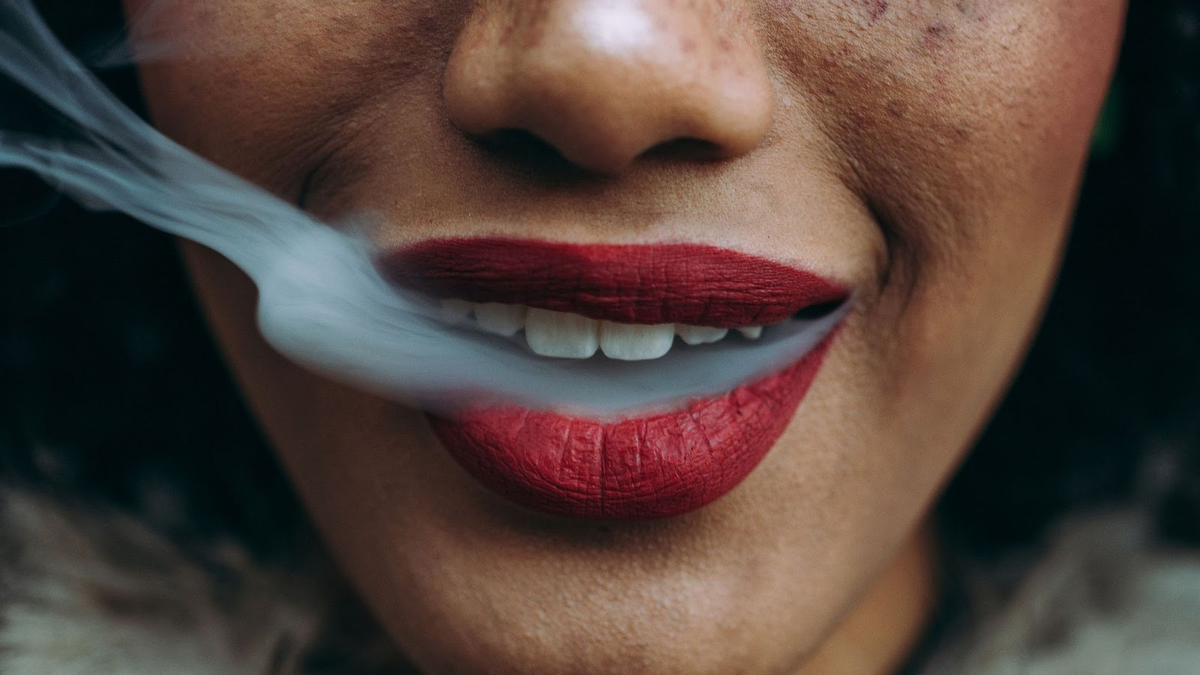Does Vaping Affect Sleep?
Vapers and non-vapers alike often struggle with sleep quality, but for vapers specifically, concerns arise about whether the vaping habit impacts or causes these sleep issues. It's a question that many are curious to understand.
The short answer is that it can affect sleep, but there isn't a direct correlation. Here, we're diving into the research to find the specific reasons.
Whether you recently switched from smoking cigarettes to vaping or took up vaping e-cigarettes on your own, exploring the "why" behind some of the most common issues relating to vaping and rest may help you pinpoint the cause of your sleep troubles.
Vaping and Sleep Apnoea
Vaping can exacerbate several health issues already present and potentially impact your rest, particularly if you have conditions such as sleep apnoea.
When you inhale nicotine into the lungs through tobacco smoke or e-cigarettes, it can inflame the throat, nose, and bronchial tubes, triggering sleep apnoea. The condition interrupts the breathing that happens while sleeping, temporarily restricting breathing at times.
Vaping also has a stimulating effect on the body can also lead to trouble falling or staying asleep. The stimulation is usually from the nicotine content in e-liquids. Nicotine is a stimulating substance. However, you can purchase juice for e-cigarettes without nicotine to avoid this problem.
Why Does Vaping Affect Sleep?
The short answer is that nicotine is the culprit for disturbed rest. Aside from triggering other health issues, studies from the University Medical Center Freiburg have shown that nicotine negatively impacts REM cycles, which stands for rapid eye movement, or your moments of deep sleep.
REM is needed to avoid sleep deprivation. It's what makes us feel rested. If you're not getting the REM cycles you need, you can feel tired in the morning.
In this way, nicotine has a similar effect on the body as caffeine, another stimulant. Nicotine from an electronic cigarette increases blood pressure and can increase heart rate the same way caffeine does.
Given this information, it's not surprising to learn that many smokers feel more tired and less rested when they wake, partly due to their smoking. Scientific evidence has shown that smokers who use combustible cigarettes and vaping devices reported more difficulty sleeping than non-smokers.
How to Stop Vaping Affecting Your REM Cycles
Want to improve your sleep quality and kick poor sleep for good? Here are our top tips to stop vaping and sleep issues.
Lower Your Nicotine Strength E-Cigarettes or Quit Smoking
While an e-cigarette is not a guaranteed way to quit smoking regular cigarettes and tobacco, it can give you the option to select a lower nicotine strength in the e-liquid, which can, in turn, help improve your sleep. You may even be able to find nicotine-free vape liquids — switching to this a few hours before bedtime can help you fall asleep more easily.
If you are a new vaper and lower your nicotine strength through your e-liquid, be patient and give it some time. Simply reducing the nicotine level you're used to could trigger a withdrawal, which could temporarily disturb your sleep during this transition period. Research from the Journal of Addiction Research has found that withdrawal can affect sleep latency and time spent asleep.
Aside from withdrawal, having too much nicotine in your system (from smoking a cigarette or hitting a vape) before bed can make sleeping hard. If you take a hard nicotine hit from your vape, there may be too much of the chemical to allow your body to relax and fall asleep. Lowering your strength or reducing your use around bedtime can help.
Reduce Screen Time or Blue Light
In addition to reducing the nicotine from your vape before bed, try to reduce the amount of blue light emitted from electronic devices. This light sends signals to the brain to stay alert, which can negatively affect sleep. Try blue-light-blocking glasses or limit screen time.
Minimize Alcohol and Caffeine
Avoid drinks with caffeine or other stimulant drinks, like alcohol, which can cause insomnia. Make sure you're drinking plenty of water to help flush out any lingering caffeinated beverages or stimulating alcoholic drinks from your system before it's time for sleep.
Reduce Overall Stress
Finding ways to reduce stress before bed can be game-changing for your sleep and overall health. Committing to a regular bedtime routine, daily movement, meditation, and moments for self-care can help you adapt to stress and allow you to sleep at bedtime, even during stressful times.
Avoid Sleep Disturbances
Sleep disruption is something like a fan that's too cold, clothes that are too restricting, or a TV that's left on that pulls you awake at night when you should be sleeping. It can be hard to fall back asleep after these disturbances and can lead to insomnia.
Try to troubleshoot for any issues before falling asleep, like turning your fan down so it won't dry out your throat or making sure you're comfortable clothing that won't trap heat.
Improve Your Sleep Health
A critical part of supporting your overall health and well-being is ensuring you get around 8 hours of quality sleep each night. While some vapers report trouble sleeping at night due to high levels of nicotine before bed, many other sleep issues stem from other sources. Troubleshoot the cause of your sleep disturbances and achieve better sleep and health.
Also in Vape Knowledge

RELX MaxGo Series Showdown: Which Powerhouse Matches Your Vaping Rhythm?

Beyond Disposable: How RELX MAXGO 33K & 12K Redefine Sustainable Vaping Excellence

How Long Until I Can Vape After Wisdom Teeth Removal?
Vaping after wisdom tooth removal is not recommended, as it can cause complications like dry sockets. Patients should wait at least three days before vaping to ensure proper healing and minimize risks associated with the extraction site.














